Creating a thriving environment for your reptile goes far beyond just a heat lamp and a water bowl. The foundation of any great enclosure is the substrate—the material lining the bottom of the tank. In recent years, reptile substrate coconut chip bedding has surged in popularity among hobbyists and professional breeders alike for its exceptional balance of functionality, safety, and natural aesthetics. But with several brands on the market, how do you choose the right one?
This definitive guide will explore everything you need to know about coconut chip substrate. We will answer critical questions about its use, provide detailed reptile substrate coconut chip bedding instructions, and review the 10 best reptile substrate coconut chip bedding products available to pet owners in the USA, Canada, and Europe. Whether you’re a Ball Python owner looking for the perfect humidity-retaining bedding or a Tortoise keeper in need of a digestible, comfortable floor, this article will help you select the ideal reptile substrate coconut chip bedding for sale to ensure your pet thrives.
- 🐍 CREATE A HEALTHY HABITAT for your ball python or leopard gecko with ReptiChip Coconut Substrate for reptiles. Its supe…
- 🐍 72-QUART COMPRESSED BRICK equals 10 lbs of safe, comfortable reptile bedding for professional breeders and serious hob…
- 🐍 ODOR-ABSORBING ReptiChip Coco Substrate encapsulates waste product, making your bearded dragon, python or turtle beddi…
Why Coconut Chip Bedding is a Top Choice for Reptile Owners
H2: The Unmatched Benefits of Coco Husk Chips
Reptile substrate coconut chip bedding, often sold in compressed bricks or loose bags, is made from the fibrous husk of coconuts. This organic material offers a unique set of advantages that make it suitable for a wide range of reptile species.
- Superior Humidity Retention: Unlike sand or paper towels, coconut chips are excellent at absorbing and slowly releasing moisture. This helps maintain stable humidity levels, which is crucial for species like Ball Pythons, Red-Footed Tortoises, and many tropical lizards.
- Natural Mold and Mildew Resistance: The natural lignin in coconut husk has antimicrobial properties, helping to inhibit the growth of mold and mildew—a common problem in damp enclosures.
- Soft and Secure Surface: The chip structure provides a soft, forgiving surface that is gentle on your reptile’s body. It also allows for natural burrowing and digging behaviors, reducing stress for species like Skinks and Blue-Tongued Lizards reptile substrate coconut chip bedding.
- Excellent Drainage: While it holds humidity in the air, it also allows excess water to drain through, preventing soggy conditions that can lead to scale rot.
- Digestible if Ingested: Unlike sand or other particulate substrates, coconut fiber and chips are generally digestible if a small amount is accidentally ingested during feeding, significantly reducing the risk of impaction compared to more dangerous substrates.
What to Look for in a High-Quality Coconut Chip Substrate
H2: Key Features of the Best Reptile Substrate Coconut Chip Bedding
Not all coconut chip products are created equal. When searching for the best reptile substrate coconut chip bedding, keep an eye out for these qualities:
- Low Dust: High-quality bedding is thoroughly rinsed and sifted to remove fine dust particles that can cause respiratory issues in reptiles reptile substrate coconut chip bedding.
- Consistent Chip Size: Look for a product with uniform, medium-sized chips. Too fine, and it becomes like soil; too large, and it may be uncomfortable for smaller reptiles to move on.
- No Additives: The bedding should be 100% organic coconut husk, with no added chemicals, dyes, or fertilizers reptile substrate coconut chip bedding.
- High Expansion Rate (for compressed bricks): A good compressed brick will expand 3-4 times its volume when water is added, providing excellent value for money.
The 10 Best Reptile Substrate Coconut Chip Bedding Products in the USA for 2025
Top-Rated Coco Husk Chip Substrates
After extensive research and analysis of user reviews on Amazon.com and reptile forums, here are the top 10 coconut chip substrate products available.
1. ReptiChip Reptile Substrate Coconut Chip Bedding (72 Quart Block)
The Industry Standard for High-Humidity Snakes
ReptiChip is arguably the most recognized name in this category. Their compressed brick is famous for its quality and consistency, making it a favorite among Ball Python and Boa constrictor owners.
- Key Features: Compressed Organic Coco Husk Block for Snake Habitat, Ball Python Terrarium. It’s known for its ideal chip size—not too dusty, not too chunky—and fantastic moisture retention.
- Best For: Ball Pythons, Boas, high-humidity snakes, and tropical reptiles.
- Pros: Excellent expansion rate, very low dust, perfect chip size for burrowing, holds humidity exceptionally well reptile substrate coconut chip bedding.
- Cons: Requires preparation (adding water to expand the brick), can be more expensive than some alternatives.
- Amazon Verdict: ⭐⭐⭐⭐⭐ (4.8/5) – Consistently praised for its quality and effectiveness in maintaining perfect shed cycles.
- 🐍 CREATE A HEALTHY HABITAT for your ball python or leopard gecko with ReptiChip Coconut Substrate for reptiles. Its supe…
- 🐍 72-QUART COMPRESSED BRICK equals 10 lbs of safe, comfortable reptile bedding for professional breeders and serious hob…
- 🐍 ODOR-ABSORBING ReptiChip Coco Substrate encapsulates waste product, making your bearded dragon, python or turtle beddi…
2. Zilla Reptile Terrarium Bedding Coconut Chips
The Convenient, Ready-to-Use Option
Zilla offers a bag of pre-expanded, ready-to-use coconut chips, eliminating the need for any preparation. This is a great choice for spot-cleaning or for those who prefer convenience reptile substrate coconut chip bedding.
- Key Features: Pre-washed and expanded coconut chips, ready to pour directly into the enclosure.
- Best For: Owners who want a hassle-free setup, spot-cleaning for larger enclosures.
- Pros: Ultimate convenience, consistent quality, low dust, good moisture retention.
- Cons: More expensive per quart than compressed bricks, less eco-friendly packaging.
- Amazon Verdict: ⭐⭐⭐⭐ (4.5/5) – Loved for its convenience and time-saving qualities.
3. Zoo Med Eco Earth Loose Coconut Fiber Substrate
The Versatile Fiber and Chip Blend
While not pure chips, Zoo Med’s Eco Earth is a staple product made from fine coconut fiber. It can be mixed with chips to create a more soil-like, burrowable substrate that holds tunnels well.
- Key Features: 100% organic coconut fiber, sold in loose bags or compressed bricks. It holds humidity even better than chips alone.
- Best For: Mixing with coconut chips for burrowing species, tropical amphibians, and juvenile reptiles.
- Pros: Incredible humidity retention, soft texture, great for mixing reptile substrate coconut chip bedding.
- Cons: The fine texture can be messy and may stick to prey items during feeding.
- Amazon Verdict: ⭐⭐⭐⭐ (4.7/5) – A classic product known for its reliability and versatility.
4. Thrive Reptile Coconut Chip Substrate
The PetStore Brand Favorite
Thrive is a PetSmart brand that offers a high-quality, pre-expanded coconut chip substrate that is widely available in physical stores across the USA.
- Key Features: Natural coconut husk chips, designed for excellent drainage and odor control.
- Best For: General use for a variety of snakes, lizards, and tortoises. Great for those who want to buy in-store reptile substrate coconut chip bedding.
- Pros: Readily available at PetSmart, good odor control, affordable.
- Cons: Chip size can be less consistent than premium brands like ReptiChip.
- Amazon Verdict: ⭐⭐⭐⭐ (4.3/5) – A solid, reliable option for the average reptile owner.
5. Frisco Reptile Coconut Chip Bedding
The Chewy.com Exclusive Value Pick
Frisco is Chewy’s house brand, known for providing excellent value. Their coconut chip bedding is a cost-effective way to try this substrate type.
- Key Features: 100% natural coconut husk chips, available in various bag sizes.
- Best For: Budget-conscious owners, large enclosures where substrate cost is a significant factor.
- Pros: Great value for money, good quality for the price, available in large bags.
- Cons: Can be dustier than premium brands; may require sifting before use.
- Amazon Verdict: ⭐⭐⭐⭐ (4.2/5) – Appreciated for its affordability, especially for those with multiple enclosures.
- 🐍 CREATE A HEALTHY HABITAT for your ball python or leopard gecko with ReptiChip Coconut Substrate for reptiles. Its supe…
- 🐍 72-QUART COMPRESSED BRICK equals 10 lbs of safe, comfortable reptile bedding for professional breeders and serious hob…
- 🐍 ODOR-ABSORBING ReptiChip Coco Substrate encapsulates waste product, making your bearded dragon, python or turtle beddi…
6. Exo Terra Coco Husk Reptile Substrate
The Naturalistic Terrarium Specialist
Exo Terra focuses on creating naturalistic habitats, and their Coco Husk substrate is designed with aesthetics and function in mind. The chips have a natural, dark brown color.
- Key Features: Large, flat chips that create a very natural forest-floor appearance.
- Best For: Naturalistic vivariums, tropical and subtropical reptile setups.
- Pros: Very natural look, excellent for display tanks, good moisture resistance.
- Cons: The larger, flatter chips may not be as comfortable for some burrowing species.
- Amazon Verdict: ⭐⭐⭐⭐ (4.4/5) – Perfect for keepers who prioritize the visual appeal of the enclosure.
7. Repashy Superfly Coconut Substrate
The Premium, Super-Clean Choice
Repashy is known for its high-quality nutritional products, and they apply the same standards to their bedding. This substrate is exceptionally clean and low-dust.
- Key Features: Sourced and processed to be ultra-low dust, ideal for sensitive species.
- Best For: Reptiles with respiratory sensitivities, crested geckos (when mixed with other substrates), and hobbyists who want the cleanest product available reptile substrate coconut chip bedding.
- Pros: Extremely clean, virtually dust-free, high-quality control.
- Cons: Premium price point, can be harder to find than other brands.
- Amazon Verdict: ⭐⭐⭐⭐ (4.5/5) – A top-tier choice for those who value purity and low dust above all else.
8. Nature’s Creation Coconut Chip Bedding
The Eco-Conscious Option
This brand emphasizes sustainable and eco-friendly practices in the sourcing and production of its coconut chip bedding.
- Key Features: Made from sustainably harvested coconuts, biodegradable packaging.
- Best For: Environmentally conscious reptile owners reptile substrate coconut chip bedding.
- Pros: Sustainable sourcing, good product quality, eco-friendly ethos.
- Cons: May not be as readily available as major brands.
- Amazon Verdict: ⭐⭐⭐⭐ (4.3/5) – Gains a loyal following for its commitment to sustainability.
9. The Bio Dude’s Terra Chips
The Bioactive-Ready Blend
The Bio Dude specializes in bioactive reptile enclosures. His Terra Chips are part of a system designed to work with live plants and a clean-up crew (isopods, springtails).
- Key Features: A blend of coconut chips, bark, and other organic materials designed to support a bioactive ecosystem.
- Best For: Bioactive terrarium setups, planted reptile enclosures.
- Pros: Supports a healthy microbiome, designed for long-term use, excellent drainage.
- Cons: More expensive, targeted towards advanced hobbyists.
- Amazon Verdict: N/A (sold primarily on specialist sites) – Highly regarded in the bioactive community.
10. Petmate Coconut Chips
The Widely Available Basic Option
Petmate is a giant in the pet product world, and their coconut chips provide a basic, functional substrate available at many mass-market retailers.
- Key Features: Simple, affordable coconut husk chips.
- Best For: Temporary setups, quarantine enclosures, or as a supplemental substrate.
- Pros: Very affordable, can be found at Walmart and other big-box stores.
- Cons: Quality control can be inconsistent; may contain more fines and dust.
- Amazon Verdict: ⭐⭐⭐ (3.8/5) – A “get what you pay for” option; suitable for short-term use but not always ideal for primary enclosures.
- 🐍 CREATE A HEALTHY HABITAT for your ball python or leopard gecko with ReptiChip Coconut Substrate for reptiles. Its supe…
- 🐍 72-QUART COMPRESSED BRICK equals 10 lbs of safe, comfortable reptile bedding for professional breeders and serious hob…
- 🐍 ODOR-ABSORBING ReptiChip Coco Substrate encapsulates waste product, making your bearded dragon, python or turtle beddi…
How to Use Reptile Substrate Coconut Chip Bedding: A Step-by-Step Guide
Reptile Substrate Coconut Chip Bedding Instructions
Using compressed brick bedding is straightforward but requires a few steps. Here’s a guide on reptile substrate coconut chip bedding how to use it properly.
For Compressed Bricks (like ReptiChip):
- Place the Brick: Put the compressed brick into a large, clean container (a 5-gallon bucket works perfectly).
- Add Warm Water: Slowly add warm water to the brick. The amount is usually specified on the package (e.g., 4-5 quarts of water for a 72-quart brick).
- Wait for Expansion: Allow the brick to absorb the water for 20-30 minutes. It will begin to break apart and expand.
- Break and Fluff: Use your hands or a tool to break up the brick completely, fluffing the chips until they are separated and there are no dry chunks.
- Drain Excess Water: Drain any excess water from the bottom of the container. The bedding should be moist but not soaking wet.
- Add to Enclosure: Place the expanded chips into your reptile’s enclosure to a depth of 2-4 inches, depending on your pet’s burrowing needs.
For Pre-Expanded Bags:
- Open the Bag: Simply open the bag.
- Check Moisture: Feel the substrate. If it feels too dry for your species (e.g., for a Ball Python), you can lightly mist it with water.
- Add to Enclosure: Pour the chips directly into the enclosure and spread them evenly.
Species-Specific Guide: Is Coconut Chip Bedding Right for Your Pet?
H2: Matching the Substrate to the Reptile
- Ball Pythons: Excellent choice. The humidity retention is perfect for their needs. A product like ReptiChip is ideal.
- Crested Geckos: Can be used as part of a mix with coconut fiber (like Eco Earth) and orchid bark in a bioactive setup.
- Bearded Dragons: Not recommended. They require a dry environment, and loose substrates can pose an impaction risk if not managed perfectly. Solid substrates are better.
- Red-Footed Tortoises: Excellent choice. Holds the high humidity they require and is digestible.
- Snakes (Kingsnakes, Corn Snakes): A good option, but some owners prefer aspen for these species as it allows for better burrowing tunnels.
- Blue-Tongued Skinks: Great choice. They enjoy burrowing, and the substrate holds the moderate humidity they need.
Here’s a comparative table of several coconut-chip / coconut husk substrate / bedding products from Amazon, along with reviews & trade-offs to help you choose. If you like, I can also find which ones ship to Bangladesh and their landed cost.
| Product | Key Features / Specs | What Users Like | What Users Dislike / Caveats |
|---|---|---|---|
| ReptiChip Premium Coconut Substrate — 72-Quart Compressed Block | • 100% organic coco chips, compressed breeder block (≈10 lb) • Expands into ~72 quarts when wet • Cleaned to remove dust / dirt / fiber; odor-absorbing; good humidity retention | • Very high rating (~4.7/5) with many users praising its ability to hold humidity well. • They like that it’s “organic” and relatively dust-free. • Good value: one block covers a lot of area, enough for large enclosures. | • Block can be hard/difficult to break apart / expand; takes effort. • If you over-moisten, risk of mold growth. Some reviews mention the substrate can get too wet if mismanaged. • Because of its size, storage / handling bulk can be bulky / heavy. |
| ReptiCasa Coconut Chips Substrate Block — expands to about 75-quart | • Organic coconut husk chips; odor-absorbing; good for many reptile / amphibian species. • Item weight ~10 lb; claimed expanded volume ~75 quarts. • Clean, “purity assurance”: free of dirt, fibers, impurities. | • Users like that it controls odor & maintains humidity well. • Many say it’s a good value compared to similar substrates. • The chunkiness is appreciated by some (especially for larger snakes), and the color/natural look is praised. | • Some complaints about mould appearing within 1-2 weeks, likely due to moisture being too high / inadequate ventilation. • Some find the chips too large / coarse for smaller or delicate reptiles. • Some find difficulties in breaking apart big lumps / initial expansion. • Color leaching reported by a few — chips staining water / decor. |
| BabiChip Coconut Chip Substrate — Loose Small Sized Chips (4 × 36-Quart Packs) | • Small-sized coco husk chips; loose format (not compressed brick). • Multiple bags (4 pack) so easier spot maintenance or smaller enclosures. • Quite lightweight, good coverage. | • Users like that it holds humidity well. • Good smell / less odor. • Less dusty / fewer sharp pieces compared to some coarser husk substrates. • Easy to spot-clean. | • Because chips are small but still husk, might compact over time unless fluffed / turned. • Loose chips need more frequent full substrate replacement in some cases. • Price per volume tends to be higher vs big breeder blocks. • Water spills can make parts muddy / may require drying. |
| ReptiEarth Coconut Fiber Substrate (Fluffy / Fiber / Blend) | • Mixture (“70-30 blend”) of micro-fibers and small-strand coconut husk fibers. Fluffier / more “mulch” feel, not large rigid chips. • Triple-washed to reduce dust / debris. • Pack is ready to use, for both dry (arid) and moistened (humid) setups. • 36 quart × 2 pack in spec. | • Users appreciate softness, better burrowing / nesting ability. Less sharpness; more “comfortable” substrate. • Very good odor control. • Good for bioactive setups. | • Fluffier fibers can compact under weight / with moisture; may need mixing or occasional turnover. • Might dry out faster on top; frequently need humidifying if used for species that need higher RH. • More frequent cleaning required in humid or soiled spots. • Price tends to be high for “premium” fluff/fiber blends. |
Summary / Recommendations
- If you want large coverage and fewer purchases, the compressed breeder blocks (like ReptiChip 72-quart or ReptiCasa ~75-quart) offer good value per volume. Just be prepared for soaking / expanding effort and handling large bags.
- For delicate or smaller reptiles (baby snakes, geckos, etc.), or if you want something softer, fiber / small husk blends like ReptiEarth are more forgiving (less risk of rough pieces, better for digging).
- Loose small chips (like the BabiChip option) are more manageable for spot cleaning and more flexible for mixed habitats.
- Moisture management is key: coconut substrates retain moisture well, but poor ventilation, over-watering, or allowing soggy bottoms can lead to mold. Many negative reviews stem from that.
- Dust / sharp debris: look for versions advertised as “washed / cleaned / dirt-free / dust-free” and bits that are uniform so small animals don’t ingest harmful pieces.
- 🐍 CREATE A HEALTHY HABITAT for your ball python or leopard gecko with ReptiChip Coconut Substrate for reptiles. Its supe…
- 🐍 72-QUART COMPRESSED BRICK equals 10 lbs of safe, comfortable reptile bedding for professional breeders and serious hob…
- 🐍 ODOR-ABSORBING ReptiChip Coco Substrate encapsulates waste product, making your bearded dragon, python or turtle beddi…
FAQs: Your Reptile Substrate Coconut Chip Bedding Questions Answered
Frequently Asked Questions
How often should I change coconut chip bedding?
For most enclosures, a full substrate change is recommended every 2-4 months. However, you should perform spot-cleaning daily—removing feces, urates, and soiled wet patches immediately. In a well-established bioactive enclosure with a clean-up crew, the substrate can last much longer, sometimes over a year, as the ecosystem breaks down waste naturally.
Can coconut chip bedding cause impaction?
Any loose substrate carries a minimal risk of impaction if ingested in large quantities. However, coconut chip substrate is one of the safest options because the fibers are digestible. The risk is significantly lower than with sand or gravel. To further minimize risk, feed your reptile in a separate feeding bin or on a flat, clean surface like a slate tile placed inside the enclosure.
Where is the best place to buy reptile substrate coconut chip bedding for sale?
The best reptile substrate coconut chip bedding for sale can be found both online and in-store. Amazon.com offers the widest selection and competitive prices, including popular brands like ReptiChip. Major pet store chains like PetSmart and Petco carry brands like Thrive and Zilla. For specialized products like The Bio Dude’s blends, you’ll need to visit their dedicated websites.
Conclusion: A Superior Choice for Humidity-Loving Reptiles
Reptile substrate coconut chip bedding has rightfully earned its place as a top-tier substrate for a wide range of species. Its unparalleled ability to maintain humidity, resist mold, and provide a natural, comfortable environment makes it an excellent investment in your reptile’s health and well-being.
By choosing a high-quality product like ReptiChip or Zilla, and following the proper reptile substrate coconut chip bedding instructions for setup and maintenance, you can create a habitat where your snake, tortoise, or tropical lizard will feel secure and thrive. Its digestible nature and hygienic properties offer peace of mind, making it a safe and effective foundation for your pet’s home reptile substrate coconut chip bedding.
- 🐍 CREATE A HEALTHY HABITAT for your ball python or leopard gecko with ReptiChip Coconut Substrate for reptiles. Its supe…
- 🐍 72-QUART COMPRESSED BRICK equals 10 lbs of safe, comfortable reptile bedding for professional breeders and serious hob…
- 🐍 ODOR-ABSORBING ReptiChip Coco Substrate encapsulates waste product, making your bearded dragon, python or turtle beddi…
What has been your experience with coconut chip bedding? Share your tips and favorite brands in the comments below to help other reptile owners!

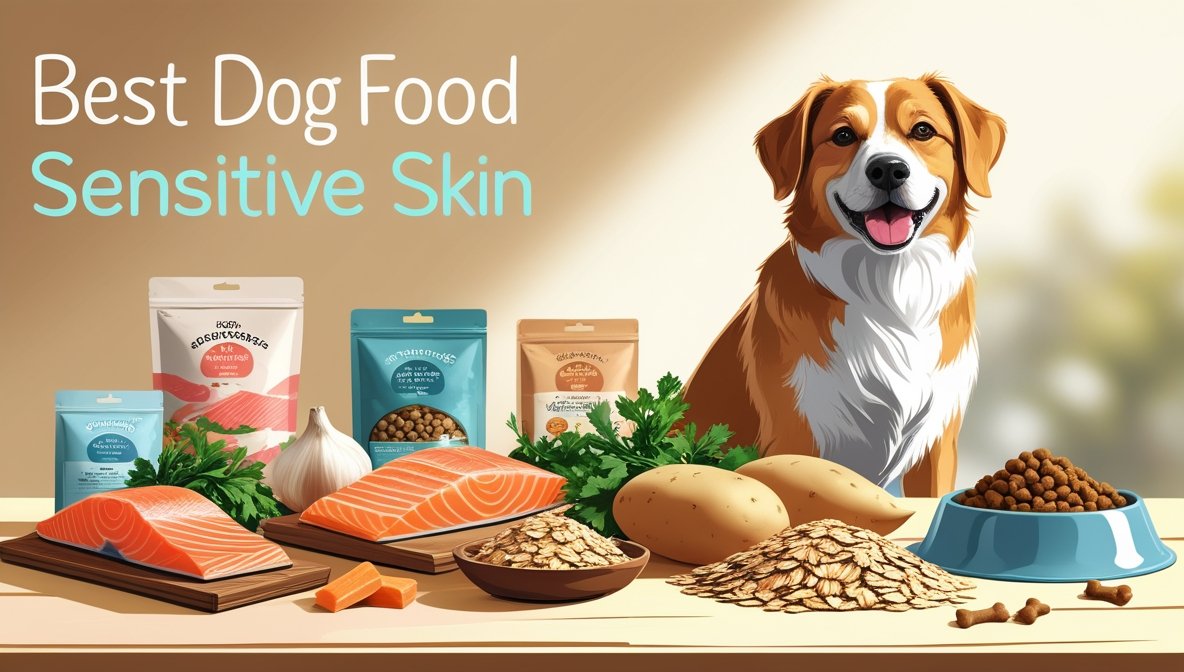
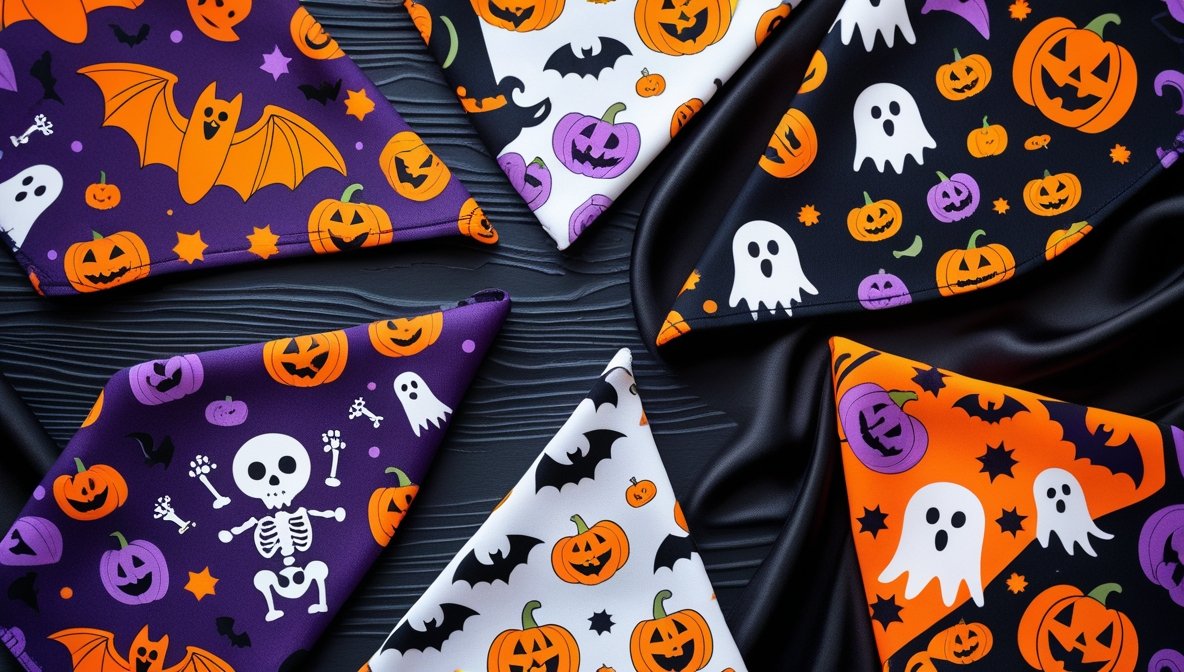
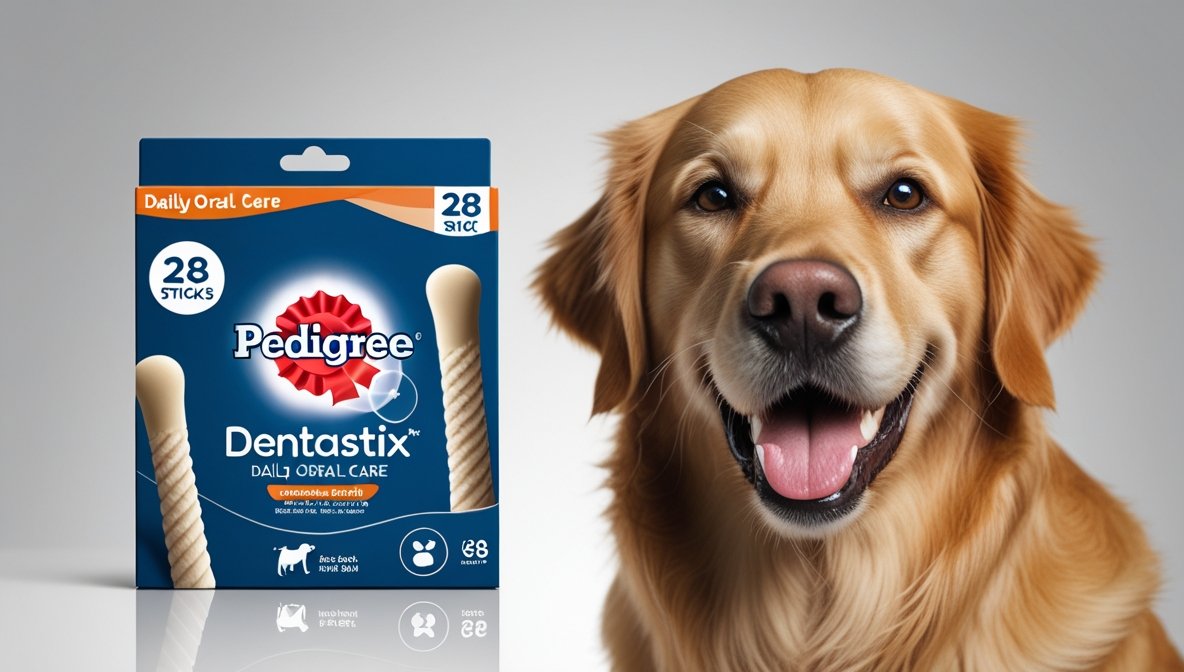

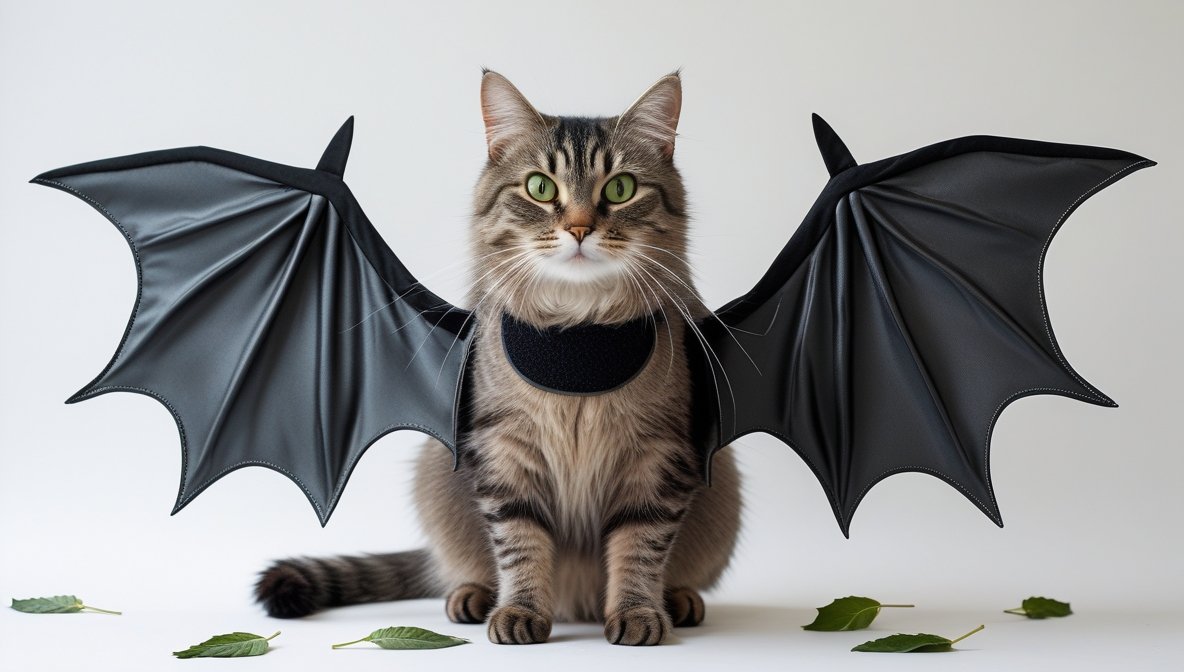

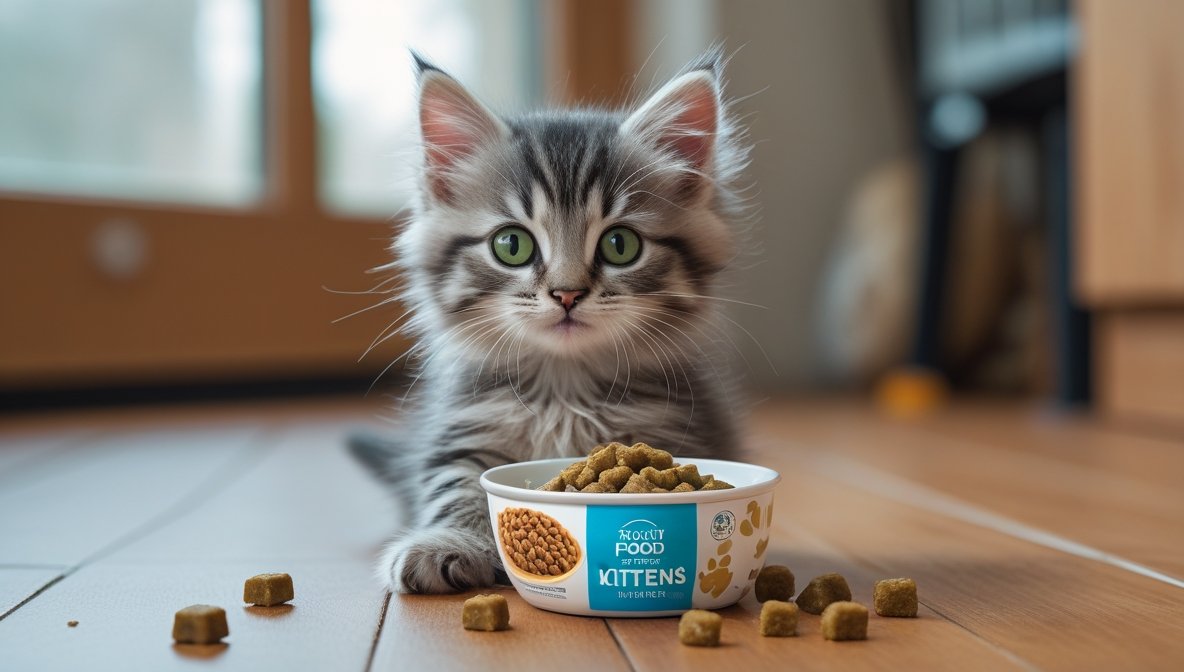
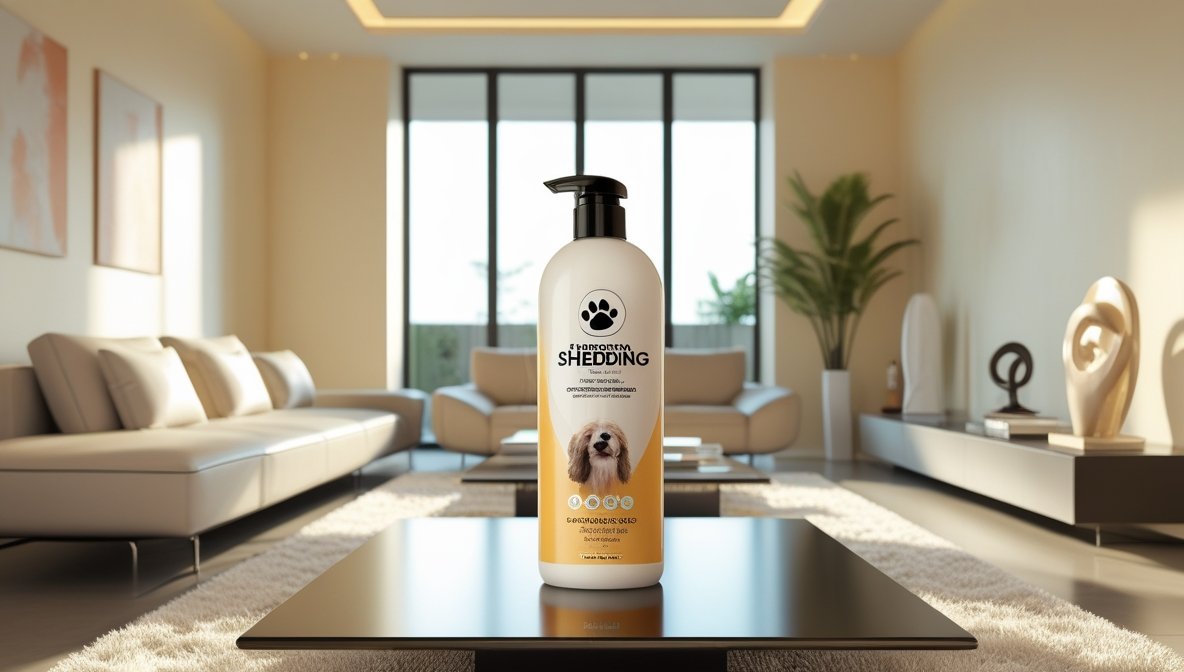
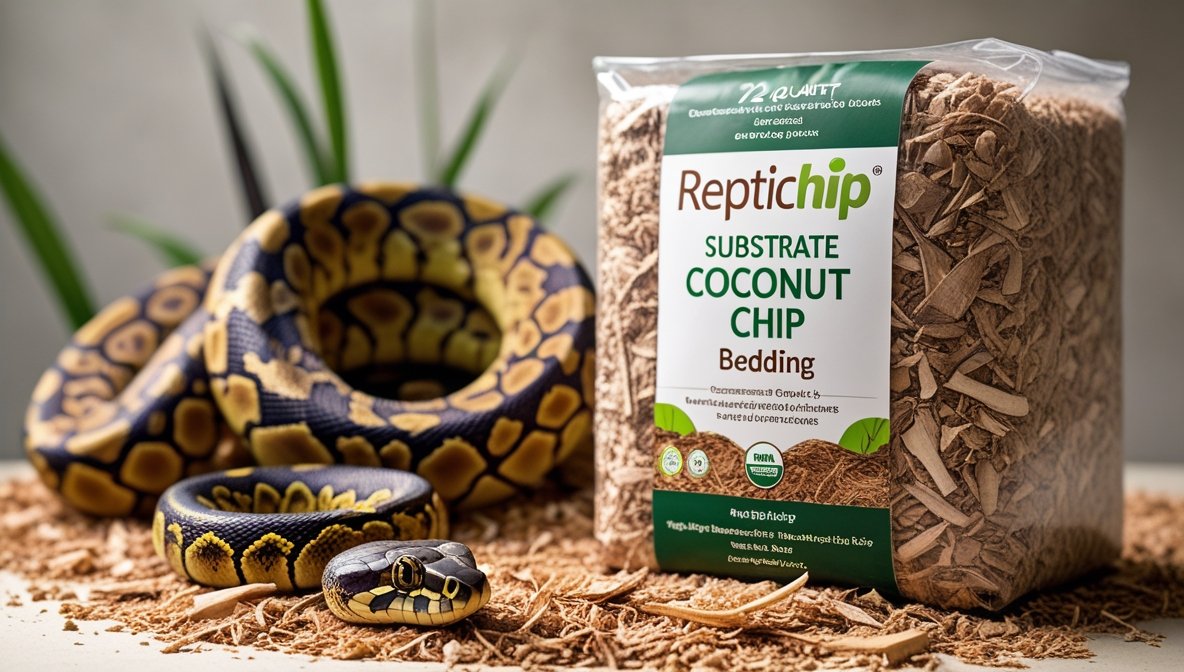

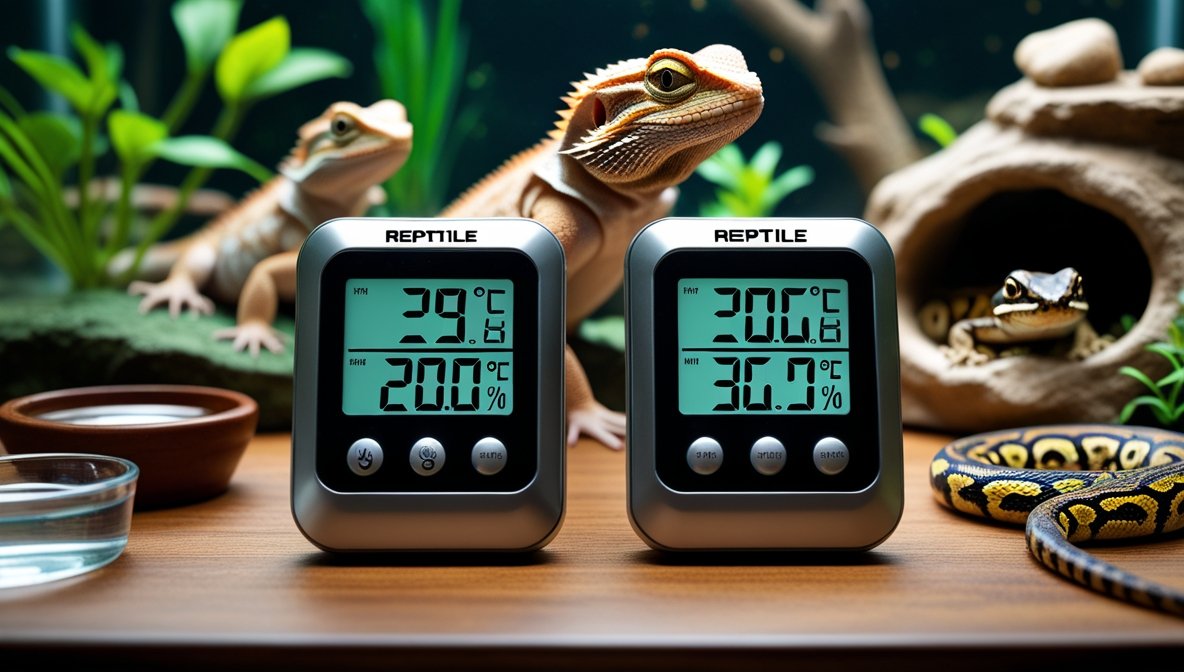

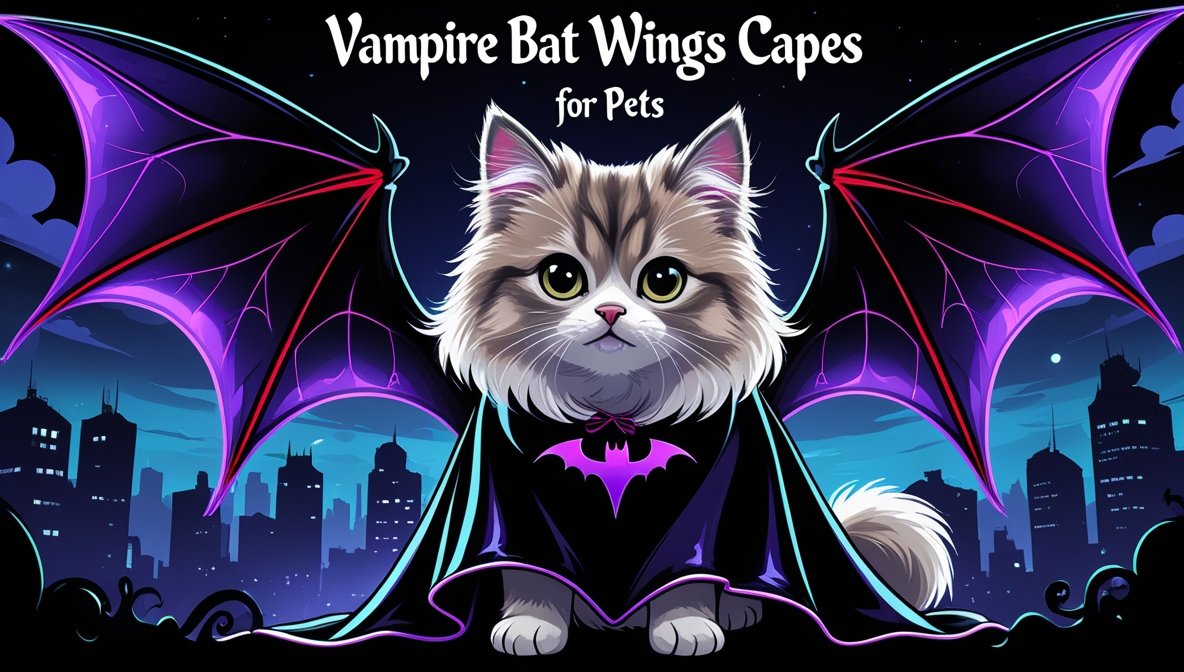
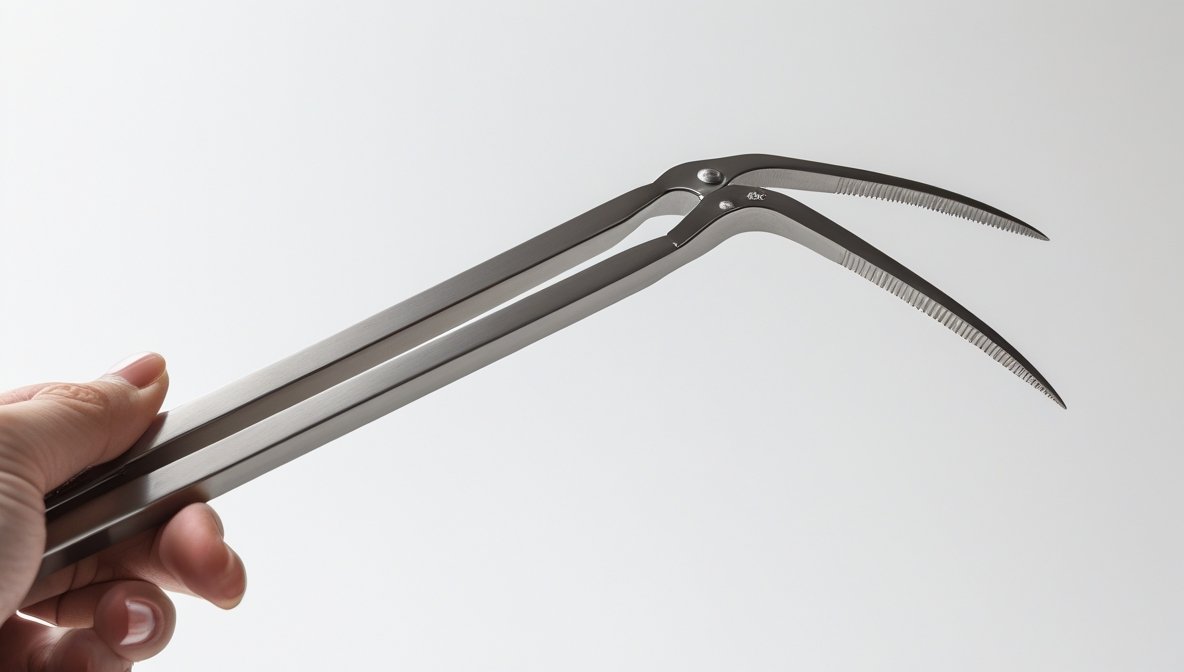
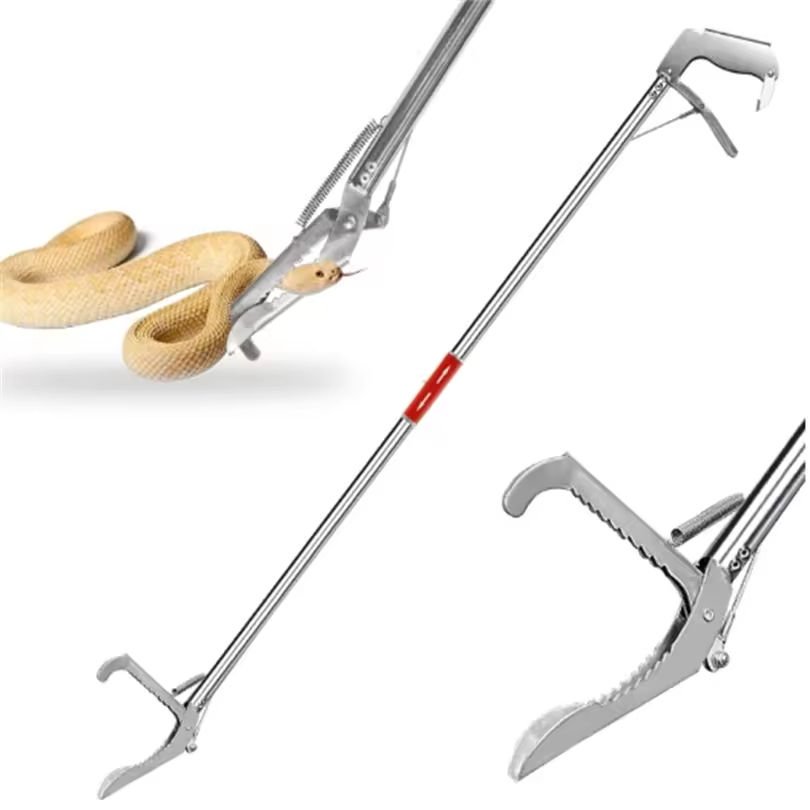
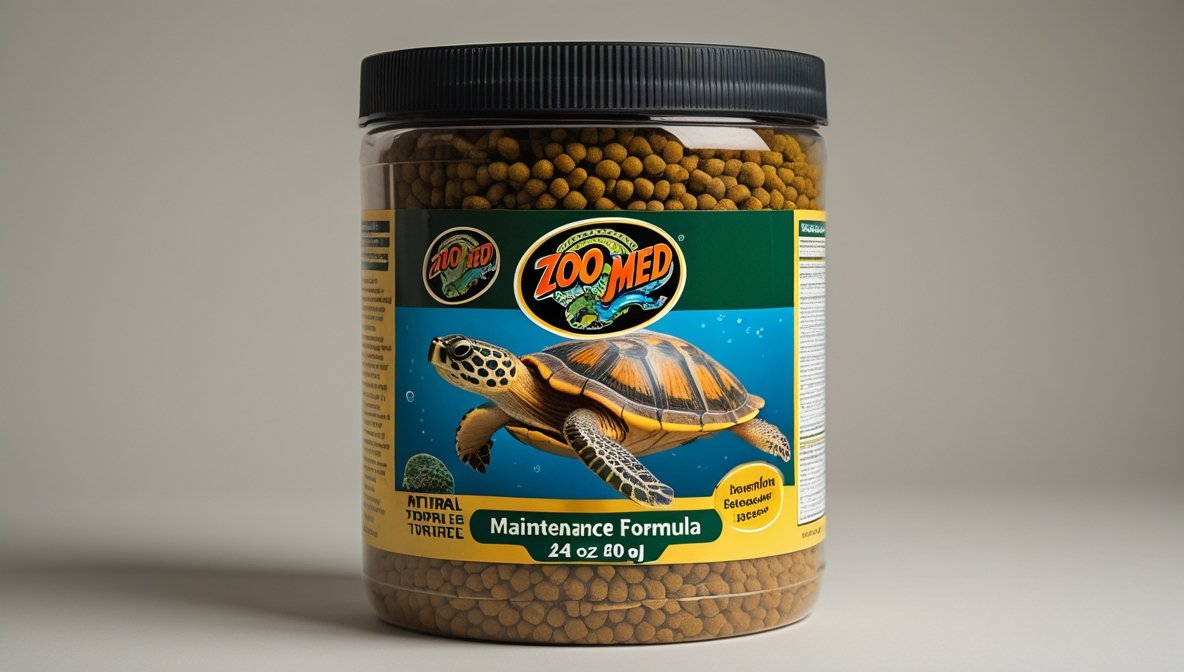
Comment on “Reptile Substrate Coconut Chip Bedding: The 2025 Guide to a Natural, Hygienic Habitat”